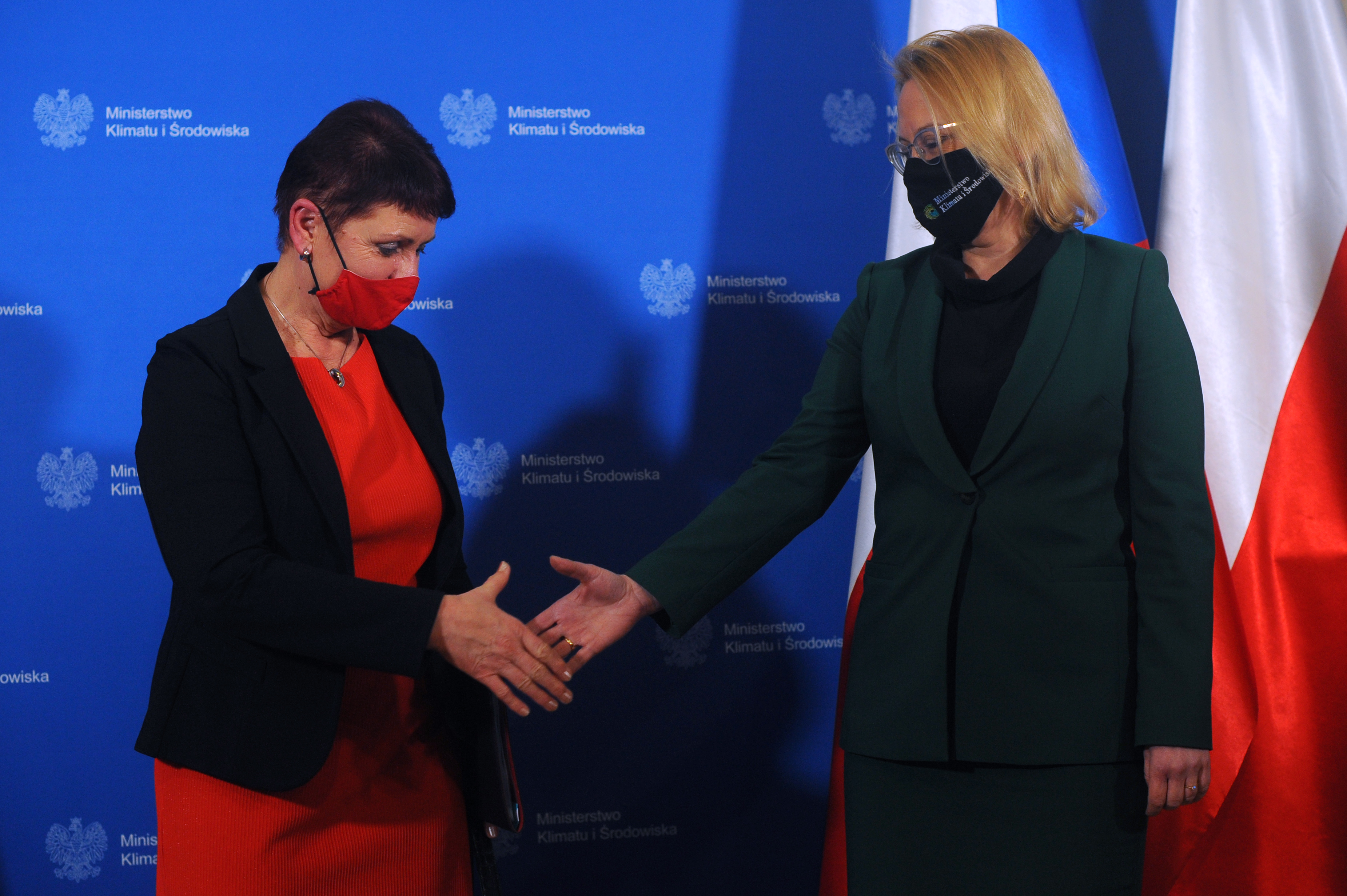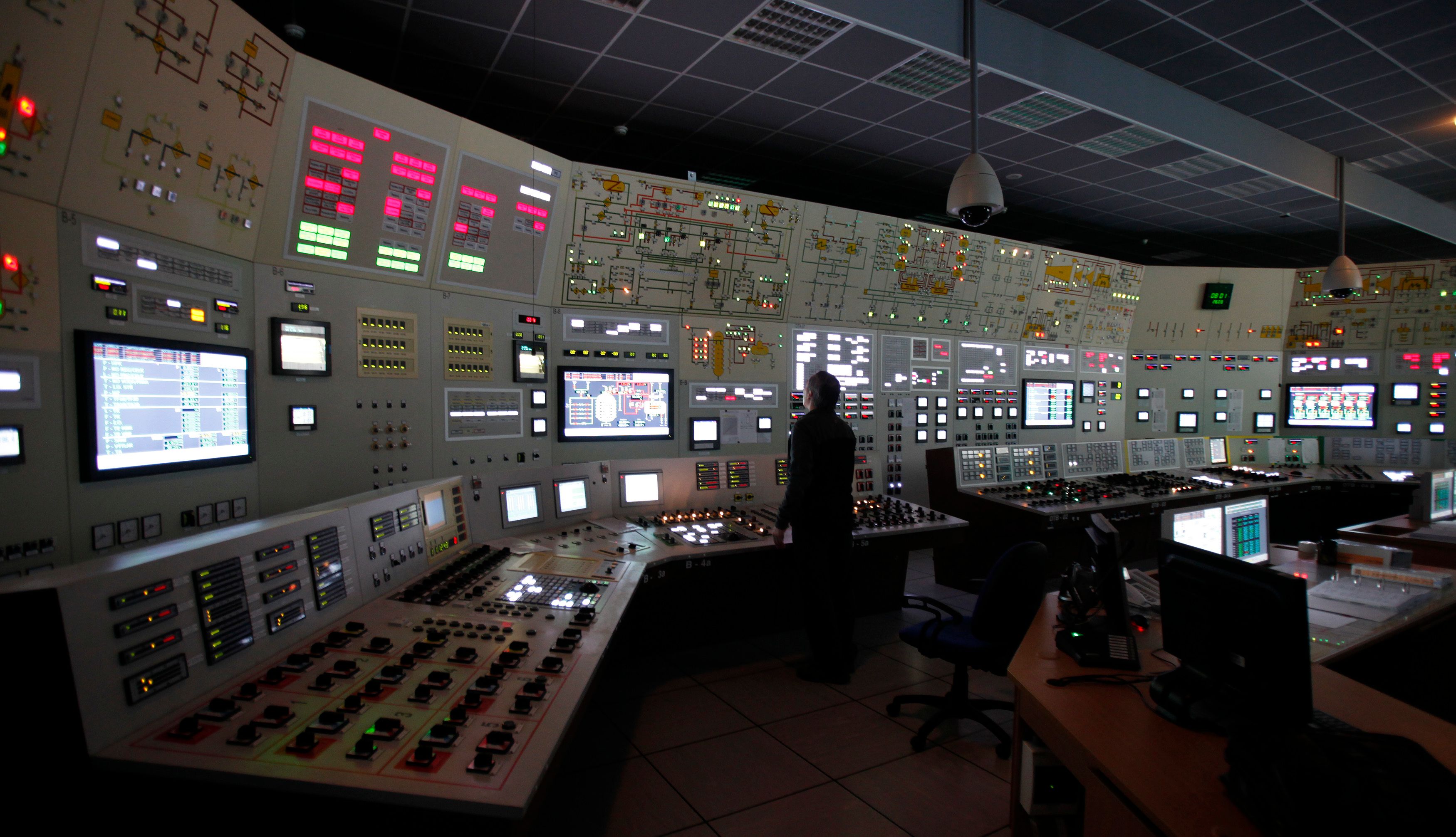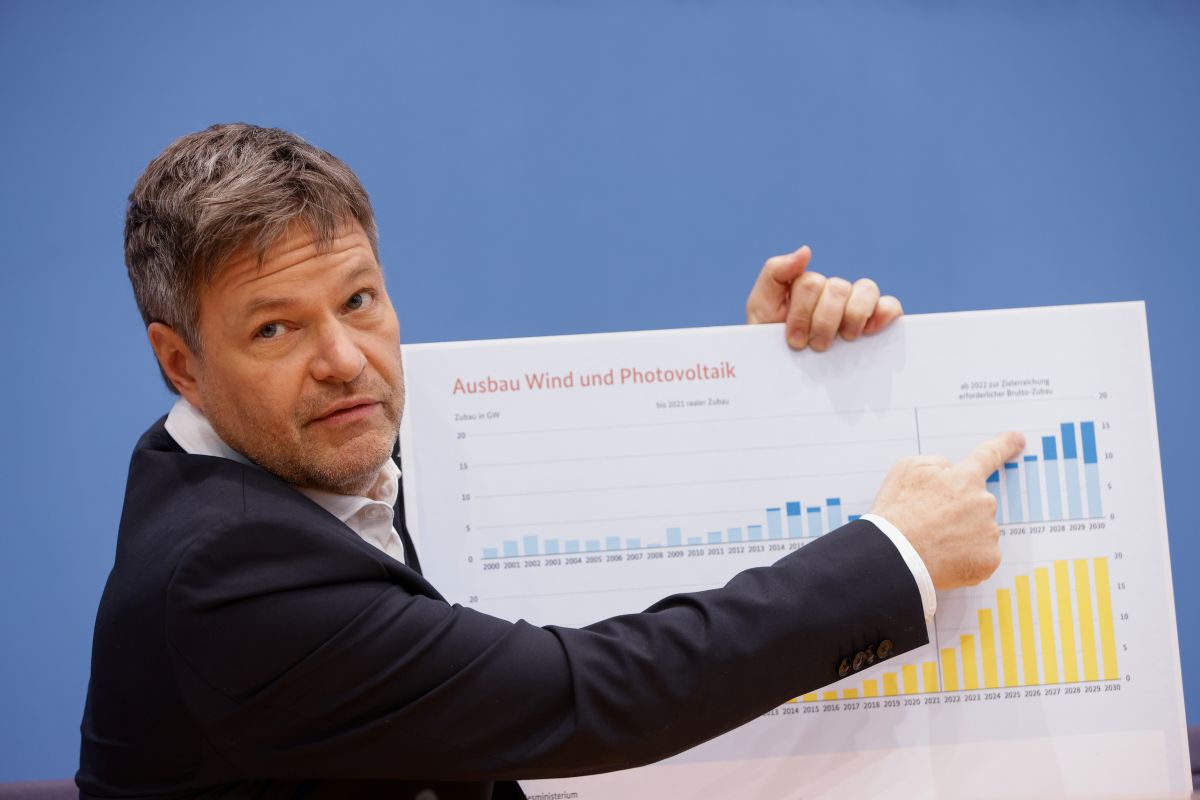Poland and Czechia Reach Agreement on Turów Mine
The prime ministers of Poland, Mateusz Morawiecki, and Czechia, Petr Fiala, signed on 3 February in Prague an agreement on the Turów mine. The conclusion of the compromise ends a legal and environmental dispute that has strained bilateral relations. It was also the first meeting between the two heads of government since Fiala’s cabinet was sworn-in in December 2021.
 Fot. Adam Chelstowski/ FORUM
Fot. Adam Chelstowski/ FORUM
What was the dispute about?
The dispute was about the environmental impact of lignite mining at the Turów open-pit mine in Poland. The Czech authorities argued that the exploitation of the mine caused both an outflow of groundwater from Czechia to the extent endangering the supply of drinking water there, as well as subsidence of buildings, while the residents of the border area were exposed to noise and dust. The dispute escalated when, in March 2020, Poland extended the term of the mining concession until 2026. According to Czechia, it did so in breach of Community law, mainly with regard to cross-border consultations. In the absence of an agreement and the issuing of a so-called reasoned opinion by the European Commission (EC) on Poland’s failure to comply with EU law in February 2021, Czechia filed a complaint with the Court of Justice of the European Union (CJEU).
What is in the deal?
The agreement is to minimise the harm of the Turów mine on the border areas. The Czech side managed to receive a commitment that the mineral exploitation of the area will not proceed towards the border and that the dredging of the mine will not take place until the implementation of protective measures, which include completion of an earthen embankment and a barrier to prevent the outflow of groundwater. In turn, the establishment of a micro-project fund, which will be supplied annually in the amount of €250,000 by each side, is to contribute to the regional protection of the environment. Monitoring of noise, air pollution, landslides, and groundwater levels will give the Czechs insight into the mine’s work and improve the response to possible threats. As a compromise, the parties agreed on compensation for Czechia in the amount of €45 million (including €10 million provided by the PGE Foundation to the Liberec Region). In return, Czechia announced that it would withdraw its complaint from the CJEU.
What role has the EU played in the dispute?
Through the involvement of EU institutions, the Czech government managed to transfer the bilateral dispute to the EU level and thus strengthen its negotiating position. In September 2020, Czechia brought the case to the EC, and in February last year challenged Poland before the CJEU. The EC also played a mediating role, but these attempts ended in failure. The Czech position strengthened again after the CJEU imposed in September last year a financial penalty on Poland. It obliged Poland to pay the EC €500,000 per day for failure to implement the interim measure and to stop mining lignite. According to the EC’s position, Poland will still have to pay this penalty regardless of the bilateral agreement. The Polish government has announced it will appeal this decision. The conclusion of the Polish-Czech agreement brings the proceedings before the CJEU closer to an end, but the role of the EU court does not end there. It will supervise the compliance with the Polish-Czech agreement during the contract period (five years).
How does the agreement affect Poland’s energy security?
The conclusion of the agreement with Czechia will secure the stability of the domestic energy sector and have a positive impact on wholesale electricity prices. About 90% of the coal extracted at the Turów mine is used to power the nearby power plant. This in turn accounts for 3.5% to 7% of the domestic electricity production, supplying electricity at relatively low prices. Thanks to its large power reserve, the power plant plays an important role at times of peak load in the national electricity system. The replacement of lignite extracted in Turów with imports is very difficult due to the lack of infrastructure (railway lines, unloading terminal) and the specificity of lignite (power plants are adapted to burn a particular type of lignite).





